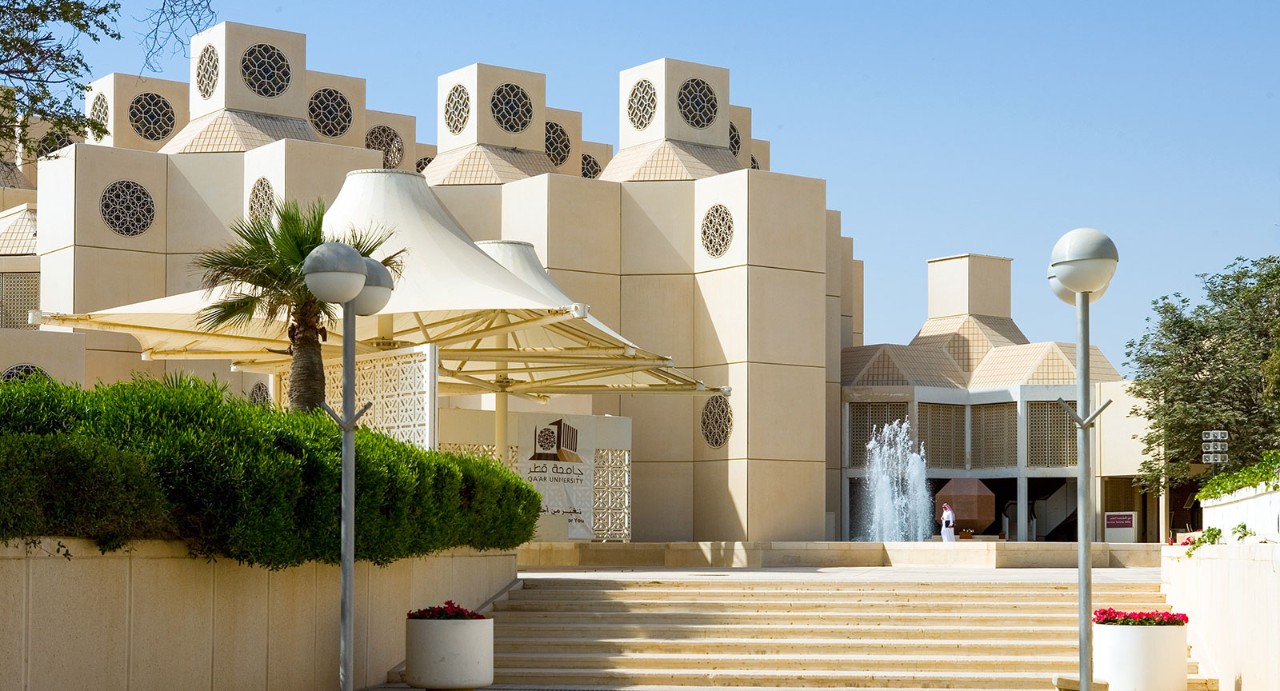
Family businesses are synonymous with the meteoric growth of the Gulf states’ economies and many today constitute household names across the region. Yet despite their significance, there has never been a specific legal framework to govern their operations and to facilitate a smooth transfer between successive generations.
That changed in August, when the Dubai government issued Law No. 9 of 2020, regulating family-owned businesses in the emirate. The law, the government stated, is ‘aimed at protecting the wealth of families, enhancing their business contribution to economic and social development and fostering the growth of family businesses’.
The timing is apt. An estimated US$1 trillion in family business assets is expected to pass from one generation to the next over the next 10 years in the Middle East, according to a survey carried out by PwC in 2019.
Critical transition phase
Indeed, roughly 80% of family businesses in the Gulf Cooperation Council are at a critical transition phase of being handed over from either the first to the second, the second to the third, or the third to the fourth generation, according to a study carried out by the Family Business Council-Gulf and management consulting firm McKinsey & Company.
‘The fact that family businesses are at a crucial handover point served as a catalyst for the introduction of this new law,’ says Fadi Hammadeh who prepared the original draft back in 2013 and today serves as the general counsel of Al Futtaim Group.
‘All eyes are on family businesses today, especially in light of the fact that oil prices have dipped so significantly, which means there is more of an onus on them to bridge that gap’
‘All eyes are on family businesses today, especially in light of the fact that oil prices have dipped so significantly, which means there is more of an onus on them to bridge that gap,’ he says. ‘Many employ tens of thousands of people, so they serve as an important recruiting agent in the region as well as a force for social stability.’
Statistics attest to the highly valuable role such businesses play in the region’s economy. With a GDP contribution of 60% and a workforce contribution of 80%, the total turnover of Middle Eastern family businesses topped US$10bn in 2019, according to PwC’s survey, and represented a broad range of sectors including food and drink, manufacturing, construction, education and health. Half of these businesses work in multiple sectors and multiple countries, compared with a quarter globally.
Governance concern
With the region’s youth unemployment having reached nearly 30% today – double the global average – it is little surprise that enabling the growth of family businesses sits high on today’s agenda for both the private and public sectors. Key to ensuring this growth is good governance.
‘Many of the family businesses in this region are poorly governed – around 70%-80% are lacking in proper governance,’ says Hammadeh.
‘Indeed, it’s fair to say that poor governance is generally the norm here.’
Law No. 9 is the first onshore law that is compatible with local legislation. Among other things, it specifies and governs the terms of a family ownership contract, the structure and management of the business, the setting up of the board, and the roles and duties assigned to the board and management.
Management challenges
‘Some family businesses in the region may face challenges around effective management, transition of leadership and transfer of wealth across generations. These can act as roadblocks and sometimes complicate day-to-day operations, largely due to the scale these businesses have achieved over time,’ says Anurag Bajpai, partner and Lower Gulf leader at KPMG Private Enterprise.
‘The new law contains specific measures and provides appropriate provisions to deal with issues like management and succession of family businesses and wealth. Additionally, it addresses issues around disposals and disputes of the business and family wealth, thus safeguarding stakeholders’ interests.’
But despite the general optimism for the law’s arrival, Hammadeh acknowledges that implementation will take time.
‘Adoption of new laws is a very slow process,’ he says. ‘The waqf – Arabic for endowment – law is consistent with sharia law but very few people know about it. Education remains both the biggest challenge and opportunity.’
Federal Waqf Law No. 5, promulgated in 2018, contained for the first time specific modern provisions organising waqfs for family businesses.
Accountants’ role
Of course, the accountancy profession will also have to get up to speed with the law and its implications.
‘There will be accounting changes required in terms of how to treat the assets within the framework of common ownership,’ explains Hammadeh. ‘And when family members want to exit the business, accountants and finance professionals will need to decide the valuation at which such exits should take place.’
Richard Catling, a partner in the Dubai office of Al Tamimi & Company, believes it will not be without its challenges either. ‘While it will inevitably generate new business for the accountancy profession, the family property contract is only going to make accountants’ lives harder because they want a business to have a proper corporate structure so they can have a clear balance sheet for it,’ he says.
‘If you’ve got a family property contract that is somehow collectivising assets among individuals, then it makes it much more challenging for the IFRS Standards to deal with it.’
Introducing the family ownership contract
- ‘Family ownership’ covers movable and immovable property, copyright and related rights, and industrial property rights for patents, industrial designs and models as well as trademarks and other rights.
- Family members (up to the fourth degree) with a common interest can jointly own property on the terms of the contract.
- All parties must be members of the same family and have a single common interest. Each member’s share must be clearly defined, and the parties must own all the legal rights to the monies and assets covered.
- Family ownership in public joint stock companies is exempted from the law.
- All disputes will be referred to a committee by the decision of His Highness the Ruler of Dubai.



